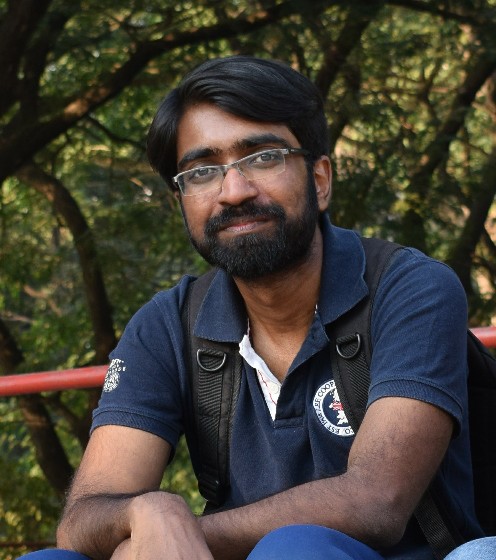Rudra Murthy
Browses memes and watches series to escape from reality.

About Me?
Hmmm, I am an atom in the universe who is trying his best at adulting..?
I wanted to become an over-achiever but ended up becoming an overthinker 🤷
I am currently working as a Research Scientist at IBM Research, India. I pursued my PhD from Center For Indian Language Technology lab headed by Professor. Pushpak Bhattacharyya. My area of interest is using Deep Multilingual Learning to various Natural Language Processing(NLP) tasks.
Research Summary
Pinky: Gee, Brain, What do you want to do today?
Brain: The same thing we do everyday, Pinky. Borrow features from high-resource language to improve NLP Task performance in low-resource languages
I am broadly interested in Natural Language Processing (NLP) for low-resource languages, specifically Indic languages. Recently, I have garnered interest in Multilingual Learning for NLP in Low-Resource Languages. Low-resource languages do not have sufficient data, tools, and other resources (leading to data sparsity) to successfully train existing machine learning models for any NLP task. My current focus is on borrowing features (implicitly statistics) from one or more related languages (multilingual learning).
news
| Nov 05, 2025 | Look out for Granite 4.0 Indic Language Capability!!! |
|---|
latest posts
| Dec 31, 2020 | New Year |
|---|---|
| Dec 18, 2020 | Fear |
| Nov 24, 2020 | Ideal Time to Reply |